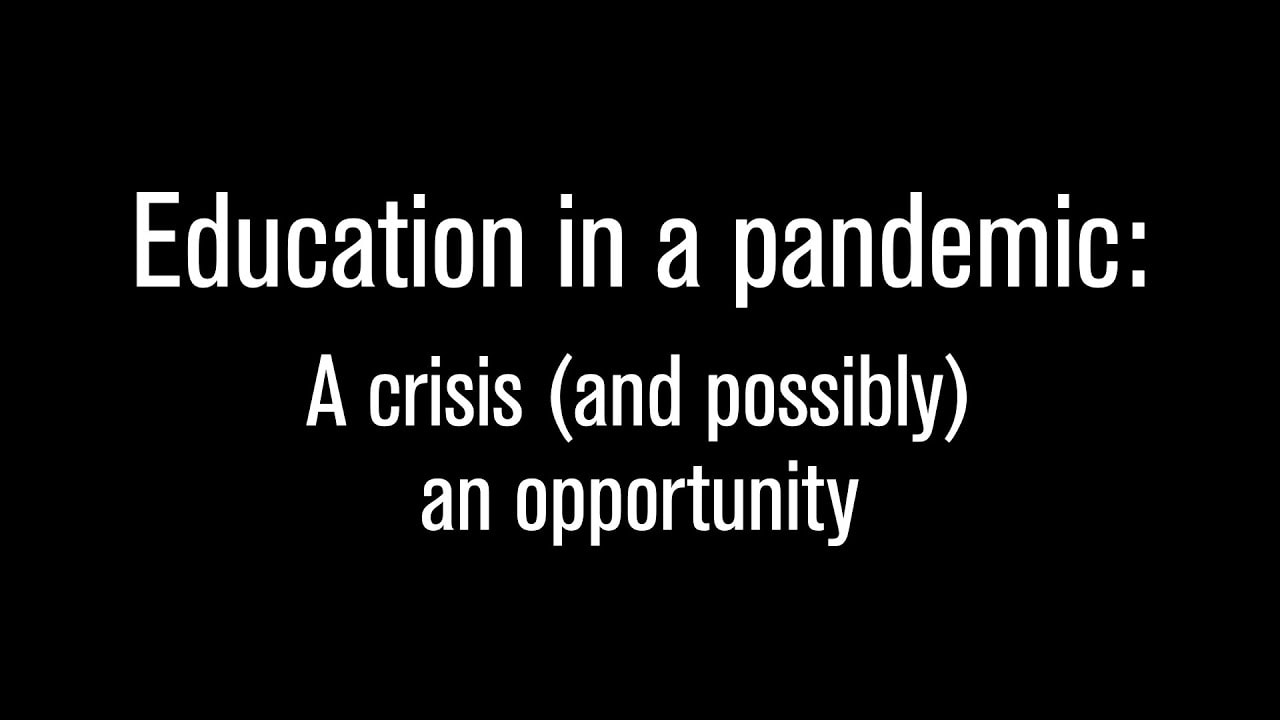In this TCRecord piece, Daniel T. WIllingham uses what we know about cognitive psychology to explain Why students don’t like school. He suggests that
although most people believe that humans are good at thinking, it is actually the weakest of our mental faculties… Our minds are biased against thinking, because thinking is slow and effortful. In addition, it’s error-prone; it may not even produce an answer at all, much less a good one.
What we truly hate, according to him are things that are (a) either too easy; or (b) things that are incomprehensible. What fascinates us are problems that hit the sweet spot, not merely unpredictable but rather postdictable. He defines this as being “initially be surprising, but then be understandable with a bit of thought.”As he says:
… interest is engendered by an appraisal process: that is, a process by which we evaluate the potential interest of something before we delve into it. If we perceive an event to be novel and complex, but also comprehensible, we find it intriguing and worthy of continued thought. Tasks that lack complexity seem too easy. Tasks that lack comprehensibility seem too hard.
Just two points here. First, most of school, it seems to me, lies at these two extremes, either lacking in complexity OR lacking in comprehensibility. Combine this with the diversity of student interests and background it is hardly surprising that even students who like to learn, learn to hate schoo.
Second, I had never heard of this term “postdictable” before but I think it is going to become a part of my vocabulary from now on. It helps me explain and categorize educational activities that work from those that don’t. Additionally it helps me explain movies and books I like – from ones that don’t. I know I hate predictable plots and stories (something I am trying to get my daughter to realize particularly around the typical Disney fare she so seems to love). However, complete unpredictablity is also a pain – a waste of time. Movies I like are postdictable… surprising at first glance but understandable later. Cool.




sorry, I seem to be a bit tired today… many little mistakes and grammatical errors… hope you’ll be able to read me nevertheless… 😉
Punya, I totally agree with you that parents always try to push the kids 🙂
I surely give my father some credits for the germ he put in my head… but on the other hand, I really think that human are complex cognitive “machines”, where it’s not that evident what causes what to happen…
But I do think it’s a nice story to tell me children and grand-children, than my dad has been putting ideas (and behaviours and values) into my mind/brain… even though I feel that there were many other “mental-virus-planters” in my life, who “gave” me -or contributed to- my love for postdictable cultural artefacts…
Bob, I agree that time and experience are needed to build these structures (be it for movies or music). As a parent though one is a bit eager to make it happen sooner rather than later 🙂 Moreover, this is not a process with a distinct end.
I think your example (about your father) is an important one. It seems to me that you should give him some credit for putting the germ in your head that there were more complex things in the world. You have found it in jazz – not the music he was interested in… but the point is that you did make the “shift.” I think as a parent my purpose is to always point out the further horizon and prevent my kids from becoming complacent learners. As to how far I am successful, only time will tell (or again maybe it will not!).
by the way, the point I was trying to convey was that, maybe, we need time and experience to build up some mental structures that help us “predict” the Disney plots, or the musical schemes, and only later do we become sensitive to less-predictable, but still postdictable ones…
Well, probably you’re right… at least that’s what Vygotsky would say…
Personally, I don’t know yet (not being a father yet, it’s hard to argue from the parent’s perspective)… 🙂
However, I do remember one event from my childhood that fit’s here. My father and I listened to “my music”, which was pop and rock at the time… And he did not always really get it why and how I could like/love such awfully *predictable* music (that were of course not his words, but what he meant), when there was Beethoven, Mozart, Wagner, Berlioz, Bizet, Ravel and Schönberg, to mention only a few… 🙂
And now, some decades later, I start to appreciate less-predictable music, like jazz, and to find “pop” so boring… 🙂
Good point Bob, I completely agree… but isn’t part of being a parent always revealing future horizons of development 🙂
Maybe those movies are actually (still) postdictable for your daughter, while they’ve become predictable for you… given your life experiences… 🙂